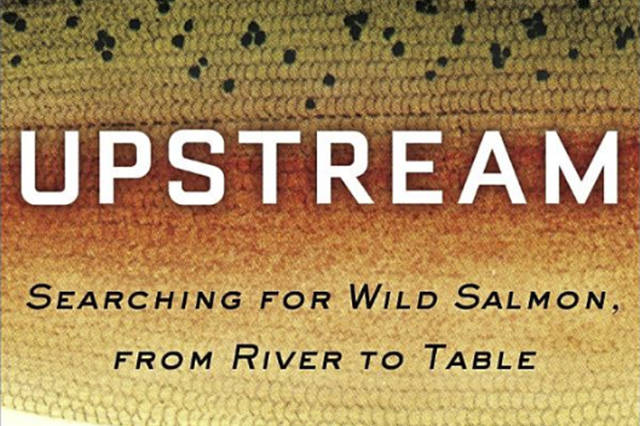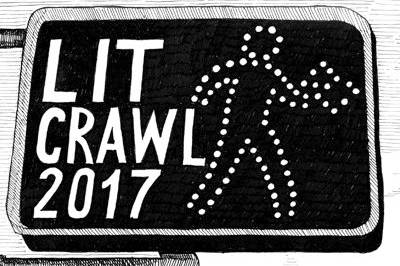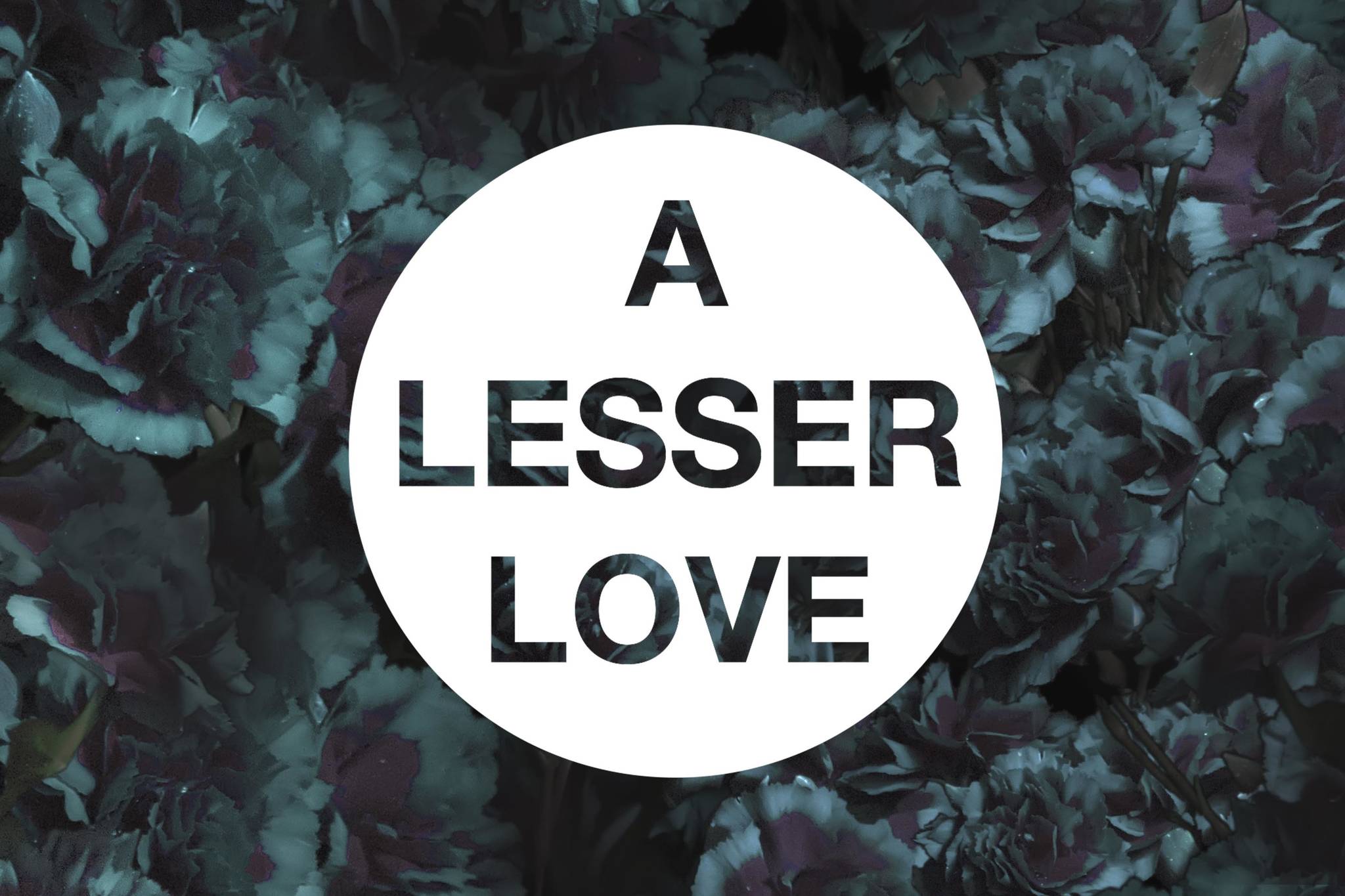Mark Kurlansky’s nonfiction book about cod, titled Cod, is a critically praised bestseller bordering on modern-classic status. It’s easy to forget that when Cod was released in 1997, nobody expected a book about a goddamned fish, of all things, to change the course of publishing. But Cod kicked off a craze of popular books devoted to the history of everyday objects—Kurlansky’s Salt followed soon after, and other books about screwdrivers and paper and rats tumbled down the pipeline. (It should be noted that all these owe a debt to John McPhee’s exquisite Oranges, published a full three decades before Cod.)
When Cod was still topping bestseller lists, though, many Northwesterners took offense at Kurlansky’s choice of starring fish. Why would he choose one as drab and plain as cod when the mighty salmon, which lived at the very center of Northwestern culture for centuries before white people ever set foot out here, had never had a book devoted to it?
It took two full decades, but the salmon response has finally arrived. Upstream: Searching for Wild Salmon, from River to Table does much the same work as Cod, looking into the environmental, cultural, and culinary impact of wild salmon versus salmon farming. It leaps back into the past, delves into the science, and follows the food chain from fishermen to fancy restaurants. Even better, it’s by Seattle journalist Langdon Cook, who has written extensively and well about mushrooms.
Unfortunately, Upstream is kind of … well … the truth is, it’s pretty rough.
Read the rest of this review in the print edition of Seattle Weekly or online here at Seattle Review of Books. Paul Constant is co-founder of The Seattle Review of Books. Read books coverage at seattlereviewofbooks.com.








